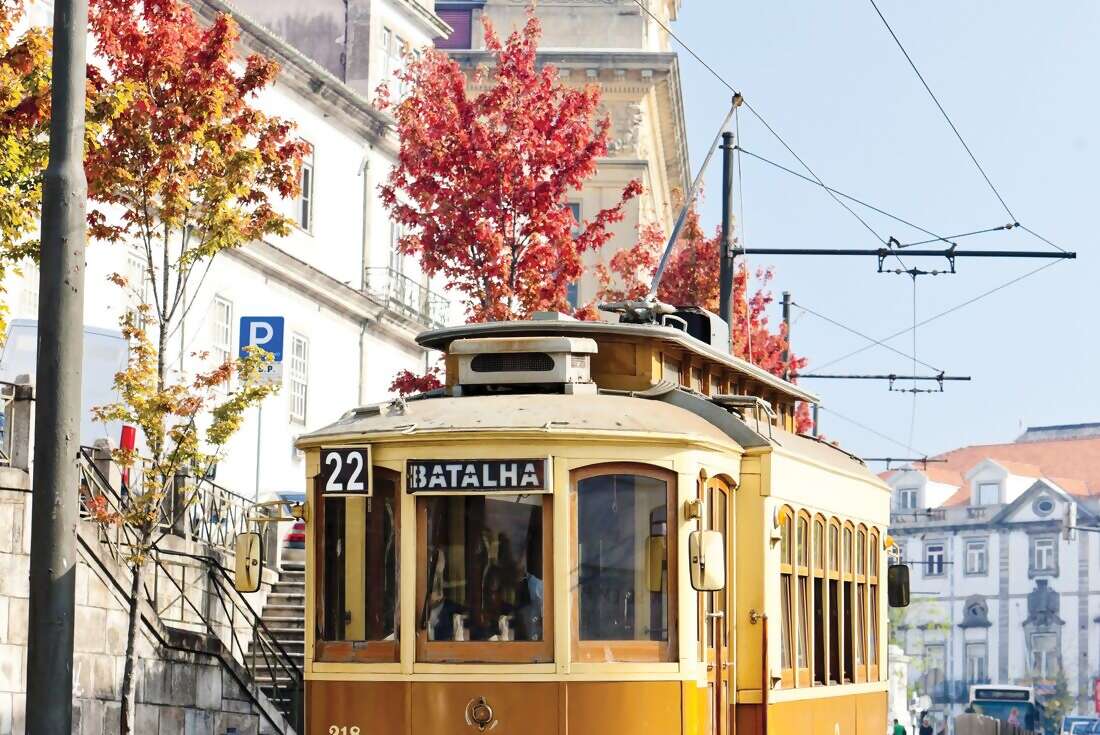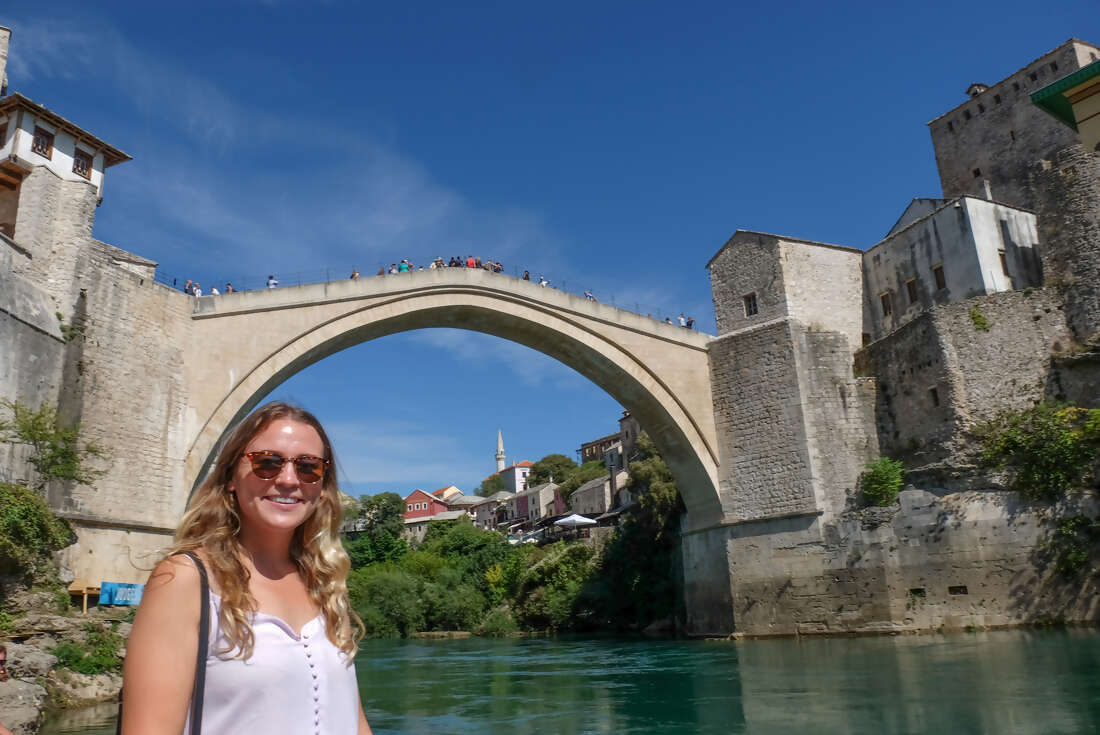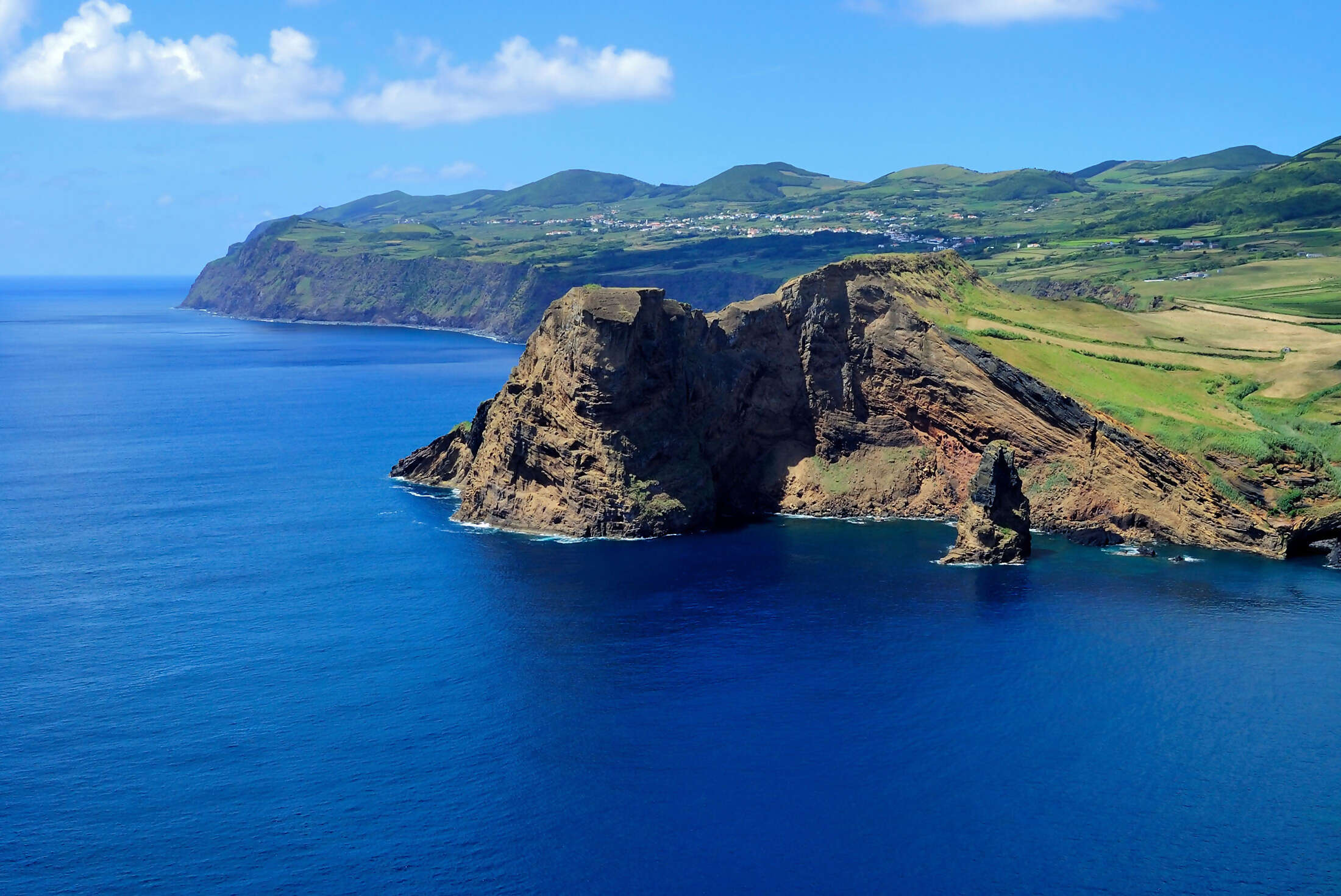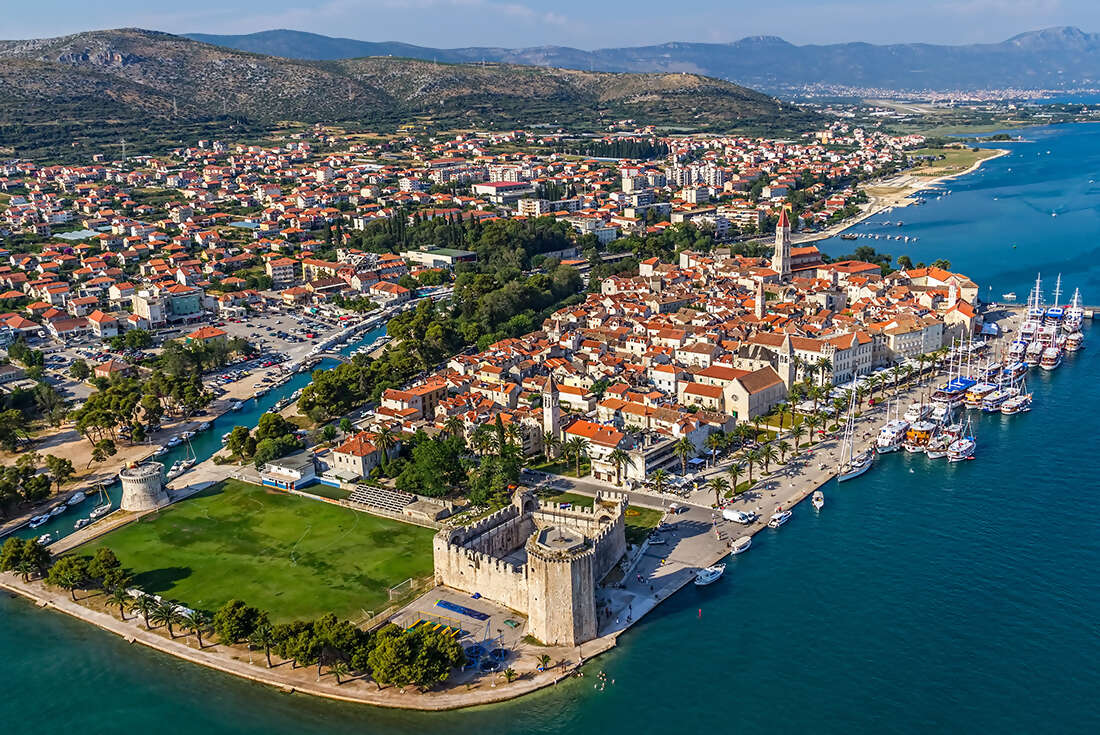 Take in the different sides of Portugal and its sun-kissed splendour on a 14-day exploration of the highlights and some lesser-known outposts. Taste port in its birthplace, explore riverfront Coimbra and its historic university, and weave through the verdant countryside all the way to the capital, Lisbon. Venture far into the Atlantic to see the rolling blue hydrangeas of Faial, the steep cliffs of Sao Jorge and the black volcanic soil under the vineyards of Pico in the Azores, offering a delightful insight into both island and Portuguese living. Discover some new sides to ancient Portugal on this diverse adventure.
Take in the different sides of Portugal and its sun-kissed splendour on a 14-day exploration of the highlights and some lesser-known outposts. Taste port in its birthplace, explore riverfront Coimbra and its historic university, and weave through the verdant countryside all the way to the capital, Lisbon. Venture far into the Atlantic to see the rolling blue hydrangeas of Faial, the steep cliffs of Sao Jorge and the black volcanic soil under the vineyards of Pico in the Azores, offering a delightful insight into both island and Portuguese living. Discover some new sides to ancient Portugal on this diverse adventure.Highlights
Take a walk through the idyllic coastal city of Porto and understand why the birthplace of fortified wine is renowned for its narrow lanes, charming buildings and delicious cuisine.
Explore the country’s oldest university when discovering the historic riverfront city of Coimbra – once the capital of Portugal.
Walk through the secluded Schist Villages, hidden between the mountain slopes, and consider the option of an authentic cooking class run by local residents.
Admire beautiful green pastures as you drive along roads bordered with flowers on your excursion to Capelinhos volcano.
Enjoy a whale-watching tour on a small-boat excursion with an experienced guide who’ll offer insights into the lives of these amazing creatures.










- You will visit the following places:
-

Porto
Porto (also known as Oporto in English), is the second largest city in Portugal after Lisbon and one of the major urban areas of the Iberian Peninsula. The urban area of Porto, which extends beyond the administrative limits of the city, has a population of 1.4 million (2011) in an area of 389 km2 (150 sq mi), making it the second-largest urban area in Portugal. Located along the Douro river estuary in Northern Portugal, Porto is one of the oldest European centres, and its historical core was proclaimed a World Heritage Site by UNESCO in 1996. The western part of its urban area extends to the coastline of the Atlantic Ocean. Its settlement dates back many centuries, when it was an outpost of the Roman Empire. One of Portugal's internationally famous exports, port wine, is named for Porto, since the metropolitan area, and in particular the caves of Vila Nova de Gaia, were responsible for the packaging, transport and export of the fortified wine. In 2014, Porto was elected The Best European Destination by the Best European Destinations Agency.
-

Coimbra
Coimbra is a city in the municipality of Coimbra in Portugal. Although it served as the nation's capital during the High Middle Ages, it is better-known for its university, the University of Coimbra, which, established in 1290, is one of the oldest in Europe and the oldest academic institution in the Portuguese-speaking world. Apart from attracting many European and international students, the university is visited by many tourists for its monuments and history. Its historical buildings were classified as a World Heritage site by UNESCO in 2013: "Coimbra offers an outstanding example of an integrated university city with a specific urban typology as well as its own ceremonial and cultural traditions that have been kept alive through the ages."
-

Lisbon